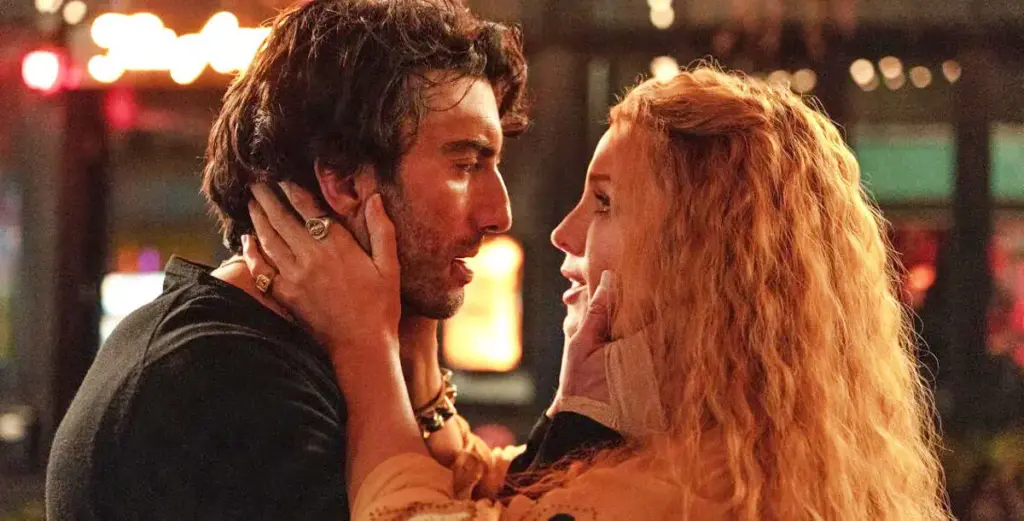New revelations are shaking up the entertainment industry, where it seems psychological warfare tactics are being transformed into mechanisms for managing artists, estates, and public perceptions. Leaked documents, court testimonies, and whistleblower accounts now indicate a chilling system that utilizes trauma and fabricated narratives to navigate high-stakes disputes worth billions.
I. ENTERTAINMENT'S TRIANGULAR POWER STRUCTURE
Insiders are revealing a concerning alliance comprising Live Nation’s global dominance, PR firms adept in trauma branding, and lawyers closely affiliated with major music estates. This triangular connection is believed to capitalize on public tragedies as tools to create distractions and leverage negotiating power in massive financial dealings. Key events like the Manchester bombing and Las Vegas Route 91 shooting show unsettling patterns of rapid narrative control and legal maneuvering, suggesting that these incidents may not have been mere coincidences, but strategic diversions engineered to assert estate influence and financial gain.
II. DIVERTING ATTENTION THROUGH TRAUMA
Sources intimate that in high-profile cases like the Jackson Estate, media storms emerge suspiciously close to looming court deadlines. Legal analysts point out that these media distractions apply intense public pressure, steering attention away from crucial aspects of financial revelations. As one attorney noted, “It’s less about the truth and more about saturating the narrative. The public discourse has a foothold before the judge sees the details.”
III. SILENCING TESTIMONIES WITH PSYCHIATRIC HOLDS
Disturbingly, there are claims that psychiatric evaluations have been weaponized to discreetly silence celebrities during critical legal conversations. Allegations indicate that 5150 holds were used not just in emergencies but as strategic tools to prevent dissent, with parallel cases suggesting a systematic approach rather than singular events.
IV. CULTIVATING THE PUBLIC AS A CONSUMER
One of the grimmest revelations concerns the notion that the general public isn’t merely an observer but an active target. By cycling people through feelings of fear, empathy for celebrities, and eventual resolution, corporations seem to exploit public sentiment as a currency to sustain control. The transformation from tragedy to redemption narratives potentially obscures accountability and guarantees ongoing profit.
V. CALL TO ACTION FOR OVERSIGHT
Legal experts and civil rights advocates are pushing for significant scrutiny of these psychological operations now permeating the legal and entertainment networks. They caution that without intervention, these traumatic mechanics will only become more complex and entrenched. “This is not negligence; it’s a systematic choreography,” emphasized a UK barrister in a recent legal filing, signaling an urgent need for accountability in a world where audiences may serve as pawns in a much larger game.



















